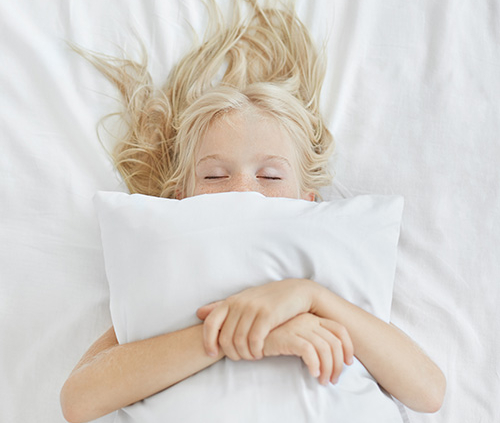Sweet dreams… even if braced: a new Isico study affirms it
Maintaining a normal sleep-wake rhythm is an important factor when facing brace-therapy because it can affect the treatment itself and improve it.
A factor on which investigated the study of Isico “Actigraphy-based Sleep Parameters and Rest-activity Circadian Rhythm in a Young Scoliotic Patient Treated with Rigid Bracing: A Case Study”, recently published by Yale J Biol Med.
“Patients treated with a brace, especially in the early stage of the treatment, often report both physical discomfort (pain, excoriations, difficulties in breathing) and psychological issues (depressed mood, social isolation) that can both affect sleep – explains dr. Francesco Negrini, a physician at Isico – We studied actigraphy-based sleep behaviour in a 14-year-old male patient affected by severe idiopathic scoliosis and treated with a rigid brace (Sforzesco brace) 23 hours per day. Rest-activity Circadian Rhythm (RAR) and sleep parameters were studied through actigraphy for seven consecutive days in July 2018. Sleep parameters were also objectively monitored for seven consecutive nights with an actigraph”.
The Actiwatch 2 is a widely used actigraph worn on the non-dominant wrist that has the capability to determine both RARs but also sleep parameters.
Among the data collected through the Thermobrace sensor, it was found a very good compliance to treatment in the period analyzed, with an objectively reported compliance of 22.8 hours per day.
Adhesion, therefore, to the treatment, good tolerance of the brace during sleep and full activity and movement during the day. These are the data confirming that the patient was not affected in the sleep-wake rhythm by particular difficulties due to the wearing of the brace.
“The correct expression of circadian rhythmicity, together with good sleep behavior, are key factors for the body homeostasis – ends dr. Francesco Negrini – RAR’s characteristics, sleep quantity, and quality were all comparable to the normative age-matched data reported in the scientific literature. Conservative treatment for scoliosis could be a suitable clinical choice to avoid sleep complaints and sleep-related issues”.





Leave a Reply
Want to join the discussion?Feel free to contribute!